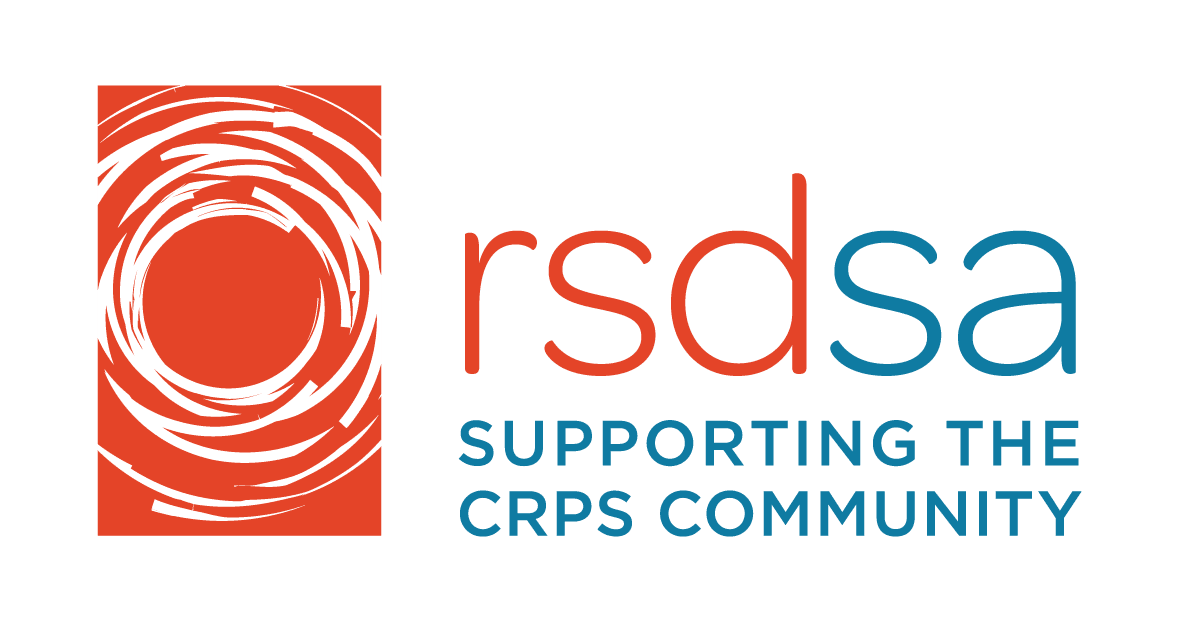Written by Lisa Van Allen, Chair of the RSDSA Advocacy Committee, for the RSDSA blog.
I was recently asked for input on new legislation introduced by Rep. Marianette Miller-Meeks and five of her colleagues: Reps. Nannette Barragan (D-CA), Nicole Malliotakis (R-NY), Brad Schneider (D-IL), Rick Allen (R-GA), and Donald Norcross (D-NJ). The DRUG Act, or Delinking Revenue from Unfair Gouging Act, is a bipartisan bill that would rein in Pharmacy Benefit Managers (PBMs) requiring them to only charge a flat fee for drug placement versus letting them continue to charge a percentage of the drug price.
My response was a big YES – I support this bill and think you will want to as well. Here’s why:
The current structure in most pharmacies incentivizes PBMs to promote higher-priced medicine that takes money away from patients. PBMs are third-party administrators that manage prescription drug benefits for employers, health insurers, and other clients. They negotiate drug prices, process claims, and provide services such as drug rebates, disease management, and medication adherence programs. PBMs contribute to high drug costs because they are incentivized to steer patients towards drugs that are more profitable for PBMs, but may be less clinically effective for consumers. This broken system disproportionately harms low-income individuals, seniors, and those with chronic illnesses who rely on life-saving prescriptions to manage their health.
One of the challenges in demanding greater accountability from PBMs is the relative lack of information about how they operate. The drug pricing process overall is already opaque, and PBMs add another layer of secrecy. Most insurers contract with PBMs to handle the administrative side of their drug benefit provision. But PBMs have no obligation to share details with insurers about how the PBM determines formulary placements, why some drugs in the formulary are more costly than others, and what proportion of the rebates and negotiated drug payments PBMs keep. This presents a challenge for insurers, plan sponsors, and for patients who end up bearing the cost of medications they desperately need.
PBMs are a growing faction in the distribution and payment ecosystem for prescription medicines. As the entity between pharmaceutical companies and pharmacies, PBMs initially played a key role in reducing prescription medicine costs and increasing access and affordability for Americans. Unfortunately, PBMs have grown and vertically integrated to the point where the three largest PBMs control over 80% of prescriptions, up from 30% in 2010. There are six PBMs that make up most of the market: CVS (Caremark), Cigna (Express Scripts/Evernorth), UHC (OptumRx), Humana (Pharmacy Solutions), Magellan (Prime Therapeutics), and MedImpact Healthcare Systems. Their modern-day practices of driving up list prices to extract higher rebates for formulary placement are occurring at the expense of patients in the form of higher insurance premiums and higher prescription drug costs.
PBMs often bill patients more than what they pay to the pharmacy for medicines and keep the difference, enriching themselves instead of the patients they are supposed to benefit. This business practice, known as spread pricing, adds opacity to a supply chain that needs transparency. PBMs have attempted to rebrand spread pricing, calling it “risk mitigation pricing,” and contending that it provides predictability for plan sponsors and lowers drug cost. what spread pricing actually does is drive up costs without any accountability or explanation to the consumer.
Please write to your US Representative and ask them to support H.R. 6283, the DRUG Act, and start Delinking Revenue from Unfair Gouging.
You can find your representatives here.
Be sure to let me know what you think of the Drug Act. Do you have a story to share? We want to hear it!
